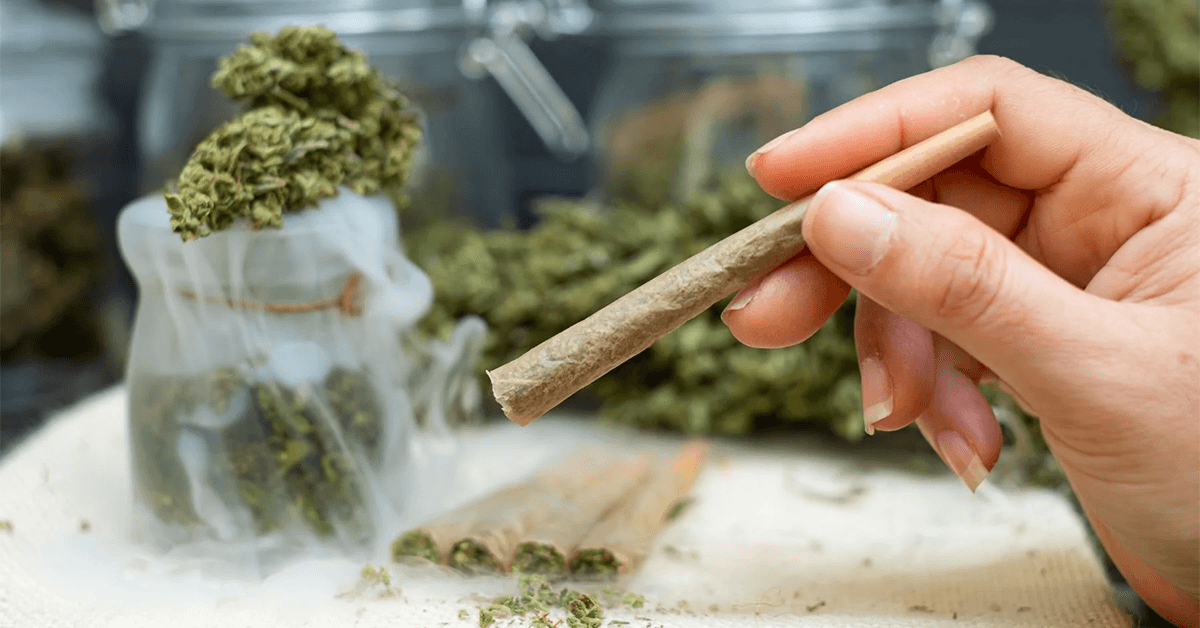Cannabis Businesses Push Back Against Hemp-Derived THC Products

Cannabis businesses across Michigan are beginning to unite in an organized effort to address the growing concerns over CBD conversion oils in legal cannabis products. These oils, which are often used to produce synthetic THC, have sparked controversy within the industry. Now, a coalition of cannabis operators is calling for significant reforms and stronger regulatory oversight to tackle what they see as a serious threat to both consumer safety and market integrity.
Leading the charge is Lansing-based company Trap House Company, whose CEO, David Bye, has been vocal in urging lawmakers to take more decisive action. In a forthcoming op-ed for the Lansing State Journal, Bye calls for a ban on hemp-derived THC products and the revocation of licenses for operators who are found to be non-compliant. Such measures would represent a sharp departure from the current penalties, which typically involve fines rather than permanent license suspensions.
“So many of us have worked so hard to make cannabis safe for the people and to bring the market out of the shadows,” Bye stated in an interview with City Pulse. “We must act now to remove the criminal elements from the industry by revoking their licenses permanently and refraining from purchasing synthetic or converted oils. Failing to do so would undermine all the progress we have made.”
Rising Tensions Over Conversion Oils
The effort to curb the use of CBD conversion oils has become one of the industry's most contentious battles yet. This debate is now taking center stage in every major cannabis market across the country, pitting traditional cannabis operators against the well-funded lobbying efforts of the hemp and vape industries. With each side fighting for its version of the market's future, the stakes have never been higher.
The primary concern driving this movement is consumer safety. Independent third-party testing has revealed that numerous vape cartridges and edible products available in Michigan dispensaries contain unregulated conversion oils and other harmful contaminants, including pesticides banned in the state. Such findings have raised red flags, highlighting a potential risk to public health that many feel needs to be addressed through stricter regulations and enforcement.
Market Impact and Business Challenges
Beyond safety, fairness within the industry has become a critical issue. In his op-ed, Bye argues that the widespread use of CBD conversion oil is creating an uneven playing field for local cannabis businesses that operate within legal boundaries. “Those of us who follow the rules are being undercut by a flood of cheap, unregulated THC products,” Bye states. Because CBD conversion oils are far cheaper to produce than conventional cannabis extracts, they have driven down product prices across the board, making it increasingly difficult for compliant operators to stay afloat.
Michigan's cannabis market is already grappling with oversupply due to its relatively open licensing system, which allows a high volume of production. The addition of low-cost, hemp-derived THC products further exacerbates the issue, placing even more pressure on small businesses trying to compete. As a result, many operators feel that the market is being distorted, making it less viable to produce traditional, distillate-based products.
Competing Visions for the Industry's Future
The hemp industry and advocates of hemp-derived THC products have a different vision for cannabis's future. They imagine a market more akin to alcohol, where THC products could be sold in a wide variety of locations, from grocery stores to gas stations. This would significantly broaden access and create new opportunities for hemp-derived products, which are easier and cheaper to produce.
But traditional cannabis businesses, like Trap House Co., see this as a threat to the regulated market they have worked hard to build. They believe the industry should maintain its current model, where all THC products are sold through licensed dispensaries, with rigorous safety standards, taxes, and compliance measures in place. This approach not only prioritizes consumer safety but also ensures that the industry remains transparent and professionally managed.
Seeking a Level Playing Field
The discrepancy between these two business models has left many cannabis operators frustrated. Those adhering to Michigan's strict cannabis regulations argue that they face higher fees, stricter oversight, and fewer avenues to market their products, while hemp-derived THC manufacturers enjoy minimal regulations and broader retail access. It's a system that seems to reward cutting corners and poses a risk to the progress made by the legal cannabis industry.
To address this imbalance, advocates like Bye are calling for the state to either regulate or ban the use of CBD conversion oils outright. The issue is likely to dominate the cannabis policy debate in Michigan over the coming year, as it has in other states such as California, which recently banned the sale of hemp-derived THC products altogether.
As the conversation continues, the question remains whether Michigan will follow suit or carve its own path forward in regulating this emerging sector of the cannabis industry.
Share this article:
Spotted a typo, grammatical error, or a factual inaccuracy? Let us know - we're committed to correcting errors swiftly and accurately!








 Helpful Links
Helpful Links